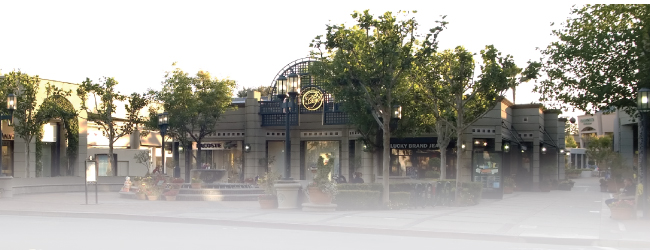
New Year 2018 Real Estate Law Updates
Commercial Real Estate: Cannabis
Non-medical use marijuana is now “legal” under state law, and local jurisdictions are determining what land, if any, will be permitted for growing, distribution, and sale of cannabis. Notably, however, the newly effective state law is still preempted by federal law, which continues to outlaw marijuana as a Schedule I narcotic.
Most local jurisdictions in Contra Costa County appear to have imposed a ban on commercial non-medical marijuana activities pending further review of whether, what, and where to permit. Contra Costa County, Concord, and Walnut Creek have taken this approach. Richmond is allowing some commercial sales of adult-use recreational marijuana but only at its existing medical marijuana dispensaries.
Residential Landlord-Tenant: Immigrant Sanctuary Policy
The state has furthered its policies supporting sanctuary for immigrants by expanding protections for tenants and occupants of rental dwellings. Landlords are now prohibited from evicting because of the immigration or citizenship status of a tenant or occupant. (CCP § 1161.4.) Residential landlords are also prohibited from threatening to disclose, or disclosing, immigration or citizenship information about a tenant or occupant to any person or entity, including immigration authorities. (Civ. Code § 1940.2.) Attorneys for landlords are also prohibited from reporting or threatening to report such status information in connection with the tenant/occupant’s real estate rights. There are exceptions to the new rules where eviction or disclosure is required by an applicable rent program of the federal government.
HOA Solar Policy
HOAs were already prohibited from outright prohibiting solar. A new law further limits HOAs’ ability to restrict solar, outlawing any general policy that prohibits installation of solar on the user’s roof or on the user’s exclusive use garage or carport. The new law also prohibits any membership voting condition for such installations. (Civ. Code § 714.1.)
Entitlements
In a recent case arising out of Contra Costa County, the Court of Appeal clarified that a property owner has no vested right to proceed under a building permit when it is ultimately determined that the government should have never issued the permit—that the permit was invalid. (Attard v. Board of Supervisors of Contra Costa County, 14 Cal. App. 5th 1066, 2017 WL 3711765 (1st Dist. 2017).)
Residential Landlord-Tenant: Local Rent/Eviction Control
The Bay Area continues to see city-by-city developments in local rent and eviction controls. Contra Costa cities with new controls over the past year include Concord. Concord tenants in properties with three or more units now have the right to a non-binding mediation of rent increases of more than 10 percent in any 12-month period.
Construction Defect & Environmental Contamination
The Court of Appeal held that the 10-year statute of repose for construction defect claims does not protect a former owner-user alleged to have contaminated the site prior to the development. (Estuary Owners Association v. Shell Oil Company (2017) 13 Cal.App.5th 899, 903.) The case involved a condominium development built on a former Shell fuel distribution terminal in Alameda County.
Lenders: Anti-deficiency Rules
A split has arisen in the Court of Appeal on the question whether the anti-deficiency statute at Code of Civil Procedure section 580d prohibits a lender who holds both a senior and junior position trust deed on a piece of property from collecting on its sold-out junior-position loan after it non-judicially forecloses on its senior-position loan. In the recent case, Black Sky Capital, LLC v. Cobb (2017) 12 Cal.App.5th 887, the court sided with the lender, while in the long-standing case of Simon v. Superior Court (1992) 4 Cal.App.4th 63, the court had held that the anti-deficiency statute bars the lender from non-judicially foreclosing on the senior loan and then suing on the sold-out junior debt. The Supreme Court has granted the petition for review from the Black Sky decision.
The Latest from SCOTUS on Takings
The U.S. Supreme Court decided a regulatory takings case this past year, Murr v. Wisconsin (2017) 137 S.Ct. 1933. There, the property owners had two vacant, adjacent parcels which were too small to be sold and developed separately under local law. Although they owned both parcels together, the owners claimed the regulation prohibiting individual development and sale constituted a taking of each of the two parcels. The Supreme Court disagreed, holding that the two parcels should not be considered separately in evaluating whether a compensable taking had occurred. Instead, the combined value of the two parcels, treated as one, should serve as the “denominator” for determining whether the regulation’s impact on the property was enough to constitute a taking. Because the two parcels combined constituted the “property,” still intact, no taking had occurred.